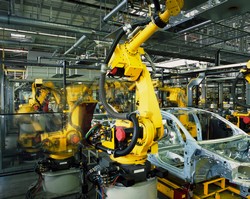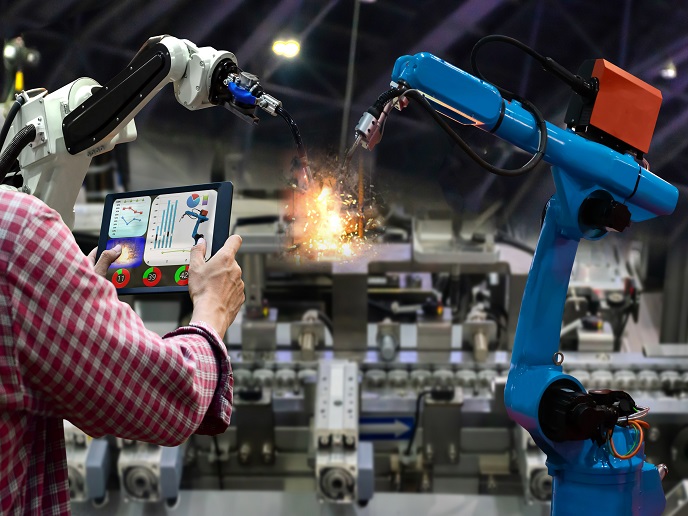Fewer defects by improving equipment reliability
The EU-funded project IFACOM (Intelligent fault correction and self optimizing manufacturing systems) aimed for near-zero defect levels in all kinds of manufacturing. Fifteen academic and industry partners joined forces to develop simulation methods and tools that can predict manufacturing system behaviour and process performance. A key step was developing and demonstrating new manufacturing strategies and methods in five real industrial cases. The methods work on three different levels, namely closed-loop control of process parameters based on real-time measurements, medium-time process tuning and, lastly, long-range performance improvement. At all three levels, intelligent sensing and advanced signal analysis result in a defect diagnosis and prognosis system. These include a set of methods for real-time self-correcting mechanisms that ensure immediate effect and, for medium- and long-range optimisation, increase the overall performance and stability of manufacturing processes. The new technology relies on the monitoring of fluctuations in product and process parameters through equipment integrated into the machinery. Advanced computational intelligence methods for measurement analysis and decision-making enable more predictable and higher-level product quality. Self-adaptive devices optimise process parameters to ensure a high level of stability at minimum manufacturing cost. IFACOM team members demonstrated the applicability and versatility of the new technology in applications for each of the five end-user partner organisations. Specifically, its benefits were proven for precision manufacturing of superalloys, tool status monitoring under extreme conditions, and electrical discharge machining. Demonstrators for polishing, boring and milling machine tools were also delivered. Researchers have developed a virtual demonstrator for simulations using fuzzy logic-based algorithms for predicting quality defects based on input process parameters. The end of the project saw the process measurements extended from a few areas where they had been applied to a broad range of operations where there is a need to control key parameters. It is well known that such a need exists in the manufacturing of automotive parts, aerospace components, medical instruments, and electronic and other high-performance products. IFACOM’s self-optimising manufacturing process control is, therefore, expected to have a major impact on the competitiveness of numerous industries.
Keywords
Near-zero defect, manufacturing, custom design, process control, IFACOM







